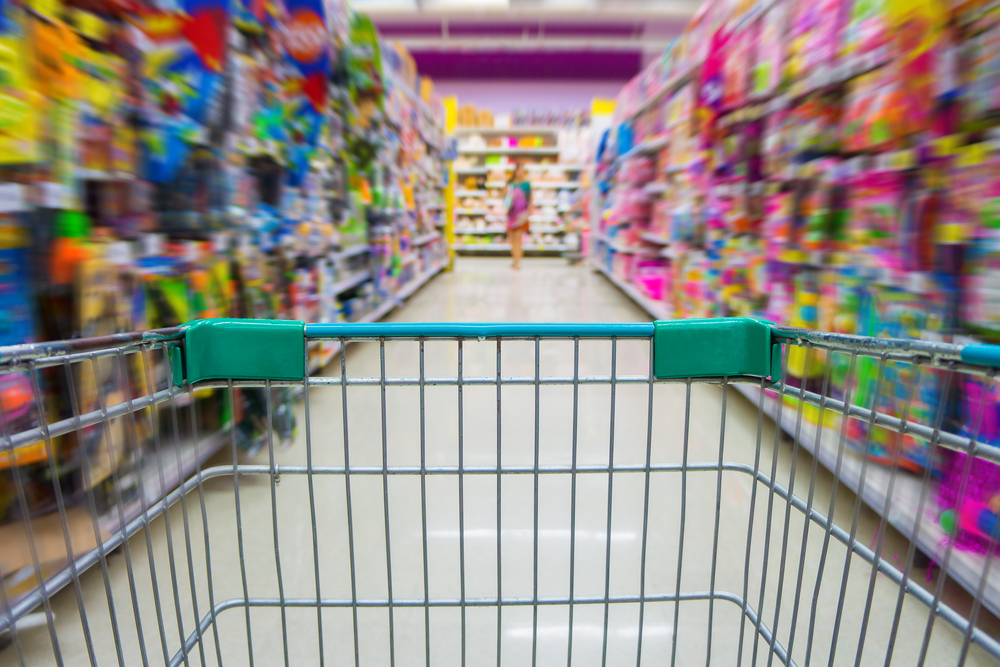Household Bills
Shoppers rein in spending on toys and cosmetics as December sales slump

Retail sales volumes are estimated to have fallen 1% in December as Christmas and Government support payments failed to ignite shoppers’ appetite amid the ongoing cost-of-living crisis.
The figure for December was far worse than forecast by market consensus – double the 0.5% fall anticipated by experts. It also follows on from the 0.5% fall recorded in November, revised down from the initial 0.4% estimate.
According to the Office for National Statistics (ONS), this “continues a broad downward trend that has been seen since the lifting of hospitality restrictions in summer 2021”.
The value (amount spent) by shoppers also fell in December by 1.2%, compared to a 0.5% rise in November.
The statistics, together with feedback from retailers, suggest shoppers cut back on department store spending, cosmetics, sports equipment, games, toys as well as jewellery.
This mirrors results from a separate ONS survey in December which found 60% of adults were planning to cut back on the amount of money they spent on Christmas 2022 compared to last year.

How life insurance can benefit your health and wellbeing over the decades
Sponsored by Post Office
Eight in 10 said they planned to buy fewer presents while 73% said they were buying less expensive presents.
Further, the decline in December could also be due to longer Black Friday sales in November.
However, there was a 1% increase in clothes spending and household goods stores, such as furniture stores increased 1.5% over the month.
Meanwhile, food store sales contributed to the December fall, as shoppers stocked up early for Christmas with their November pay cheque.
Elsewhere, the ONS noted that the proportion of online sales fell to 25.4% in December 2022 from 25.9% in November, with feedback from some retailers suggesting that Royal Mail strikes led to more people shopping in stores.
‘Only choice is to spend less’
Danni Hewson, AJ Bell financial analyst, said: “Even Santa has bills to pay and when the household budget is feeling uncomfortably tight the only choice available is to spend less. For most people the fact the inflation number is falling doesn’t mean anything. December’s cold snap reminded us all that the cost of energy has gone through the roof and, as we watched those smart meters tick up at an alarming pace, many people reconsidered how much they could afford to splash out on their Christmas celebrations.”
Cande Cooper, UK retail consulting lead at Deloitte, said: “December’s festive period wasn’t enough to boost retail sales as volumes fell by 1%, an unexpected deterioration. This marks two consecutive months of retail sales decline in the ‘Golden Quarter’.
“The outlook for the next twelve months remains difficult for both consumers and retailers. While inflation is beyond its expected peak, it will still be one of the drivers behind retail sales value growth, with costs ultimately being passed on to consumers that could negatively impact demand.”
Cooper added: “Many will continue to adopt recessionary behaviours in 2023, including trading down, switching to cheaper stores, repairing or fixing items, and cutting back on non-essential purchases, especially those requiring financing which will be impacted by high interest rates.”